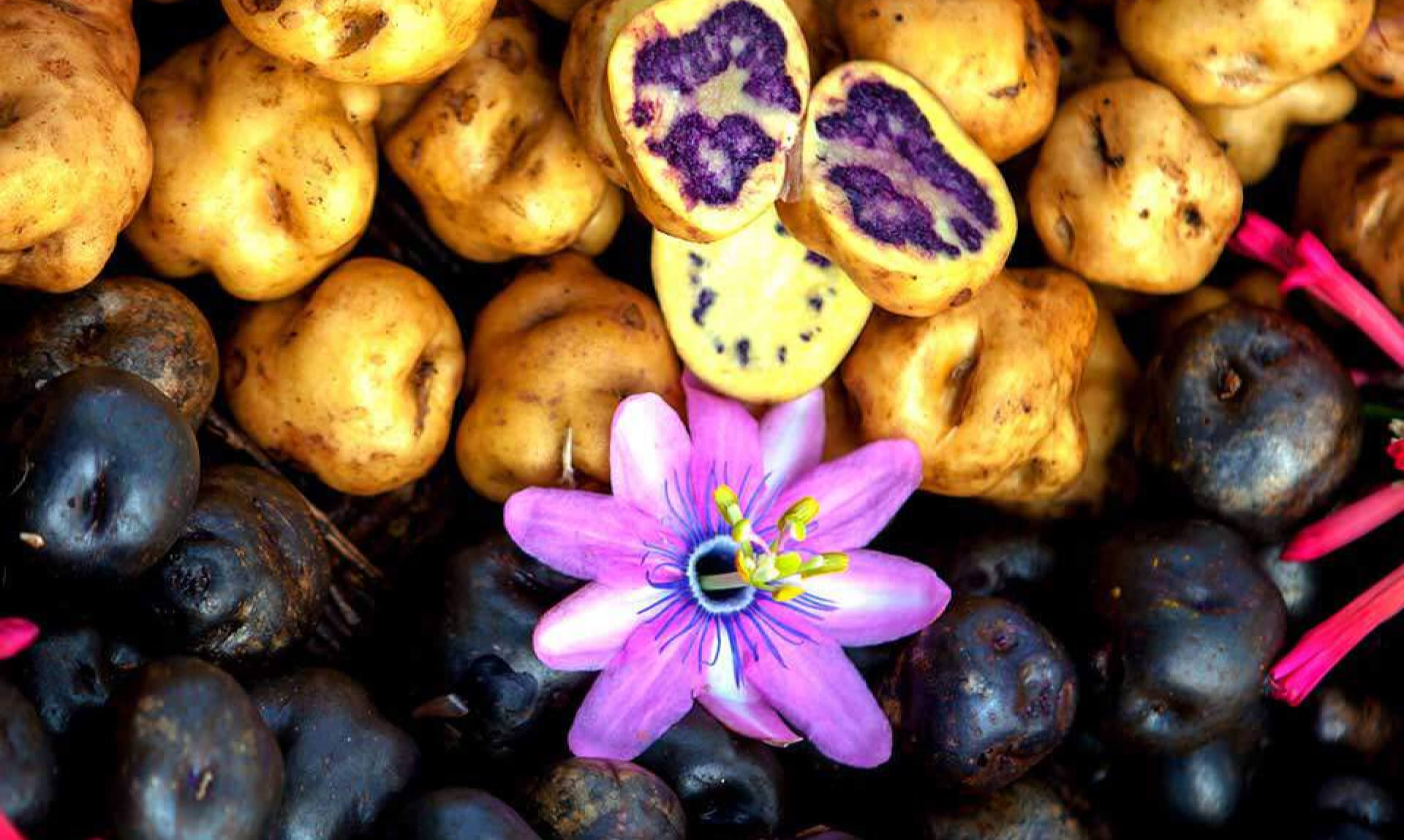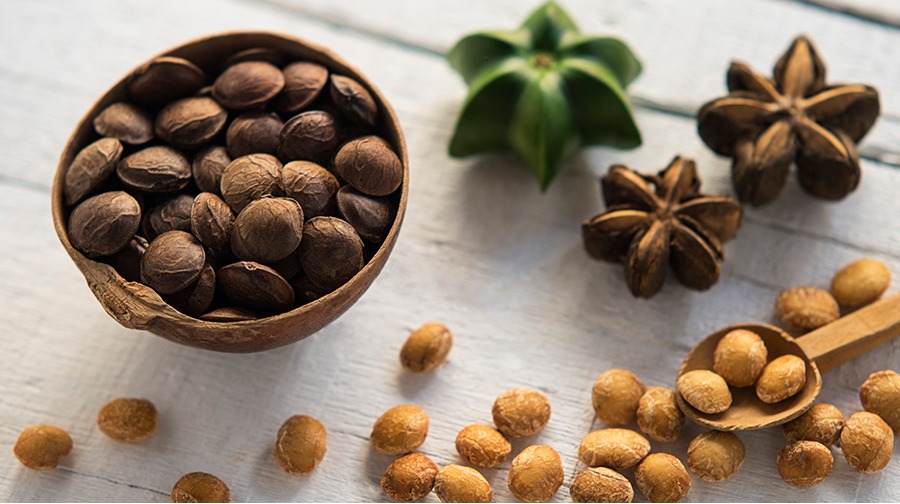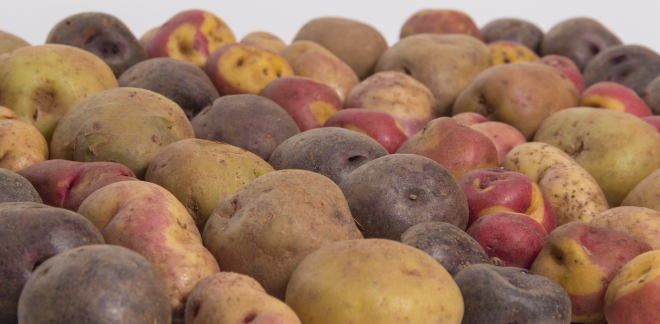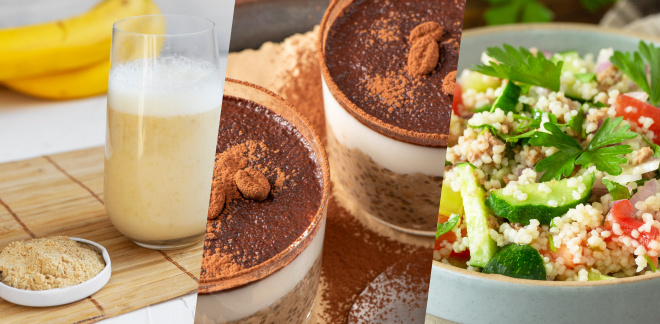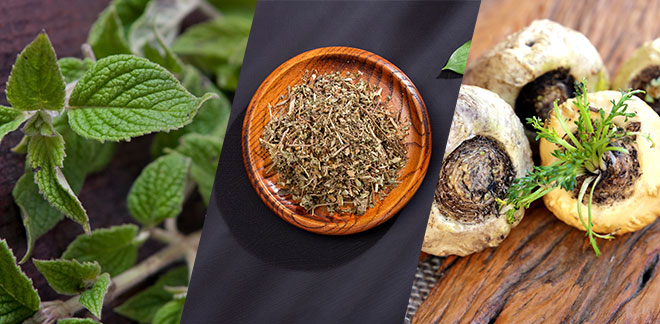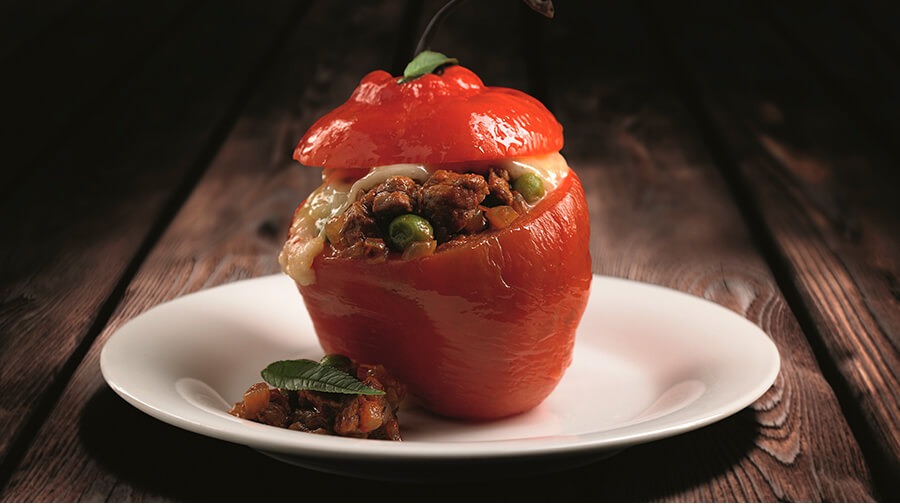What are the benefits to eating sacha inchi?
Síguenos en:Google News
When the Zañartu siblings – in a well-known waltz of theirs – referred to Peru as a place of fertile lands, they were not mistaken. Peruvian soil still grows a wide variety of grains, fruits and vegetables that were once the main source of food for the Incas. Today these crops are still eaten and are also present in markets around the world.
Sacha inchi, the golden grain
Among this impressive list of foods are the powerful grains called sacha inchi, also known as Inca peanuts, since, according to studies, traces of their cultivation have been found that date back more than 3,000 years. With the scientific name Plukenetia volubilis, this Peruvian superfood – which grows mainly in the Amazonas, San Martín, Huánuco, Ayacucho and Junín regions – stands out for its appearance: corrugated and dark brown.
Small in size, but great in its nutritional qualities, sacha inchi is acclaimed mainly by natural medicine for its many benefits to the human body. The grains, in their original state, can be found according to their seasonal availability from November to May. They are also turned into oil, gelatinized flour and food supplements. The world of beauty is aware of its benefits, so it is easy to find it in skincare products as well.
Benefits
According to Public Health Services (EsSalud), sacha inchi “is made up of 93.6% protein and essential amino acids, which are not produced by the body and must be consumed to maintain a good state of health”.
One grain of this superfood has a high dose of omega 2, 6 and 9 which help control (and prevent) heart problems, improve brain functions and stimulate the formation of new cells, decrease the risk of suffering from oncological diseases (mainly colon, prostate and breast cancer) and lower cholesterol levels in the body.
To this range of benefits we can add its contribution to the treatment of fatty liver and irritable colon.
Moreover, it is a rich antioxidant that protects skin cells from damage caused by free radicals, which are present in ultraviolet rays. Plus, it strengthens the consumer's immune system, which prevents them from contracting any viral diseases.
The sacha inchi also contains vitamin E, which serves to dilate the blood vessels, preventing any arterial problems. In addition, this nutrient is ideal for restoring and maintaining an optimal appearance from the root to the tip of the hair. It also keeps the skin healthy and hydrated (therefore, it is ideal for those who suffer from dermatological conditions such as sensitive or dry skin).
Vitamin A, which is responsible for improving vision and vitamin D, which is responsible for stimulating (and strengthening) bone formation (thus preventing diseases such as osteoporosis and rickets) and the nervous system, are also present within these grains.
In addition to this range of benefits, we cannot forget fiber, a nutrient that gives the body a sense of satiety (so it is widely used in diets to lose weight) and regulates the proper functioning of the digestive system.
How to eat it?
EsSalud advises users to eat it regularly. If you choose to consume it as an oil, ideally you want about a soup spoon of it, during lunch, and in salads. Or, if you decide to try it in seed form, they should be toasted. Ideally you should eat 7 to 10 grains a day.
Sources: EsSalud/ Correo/ Indecopi / Revista Hola/ U.S. Library of Medicine

